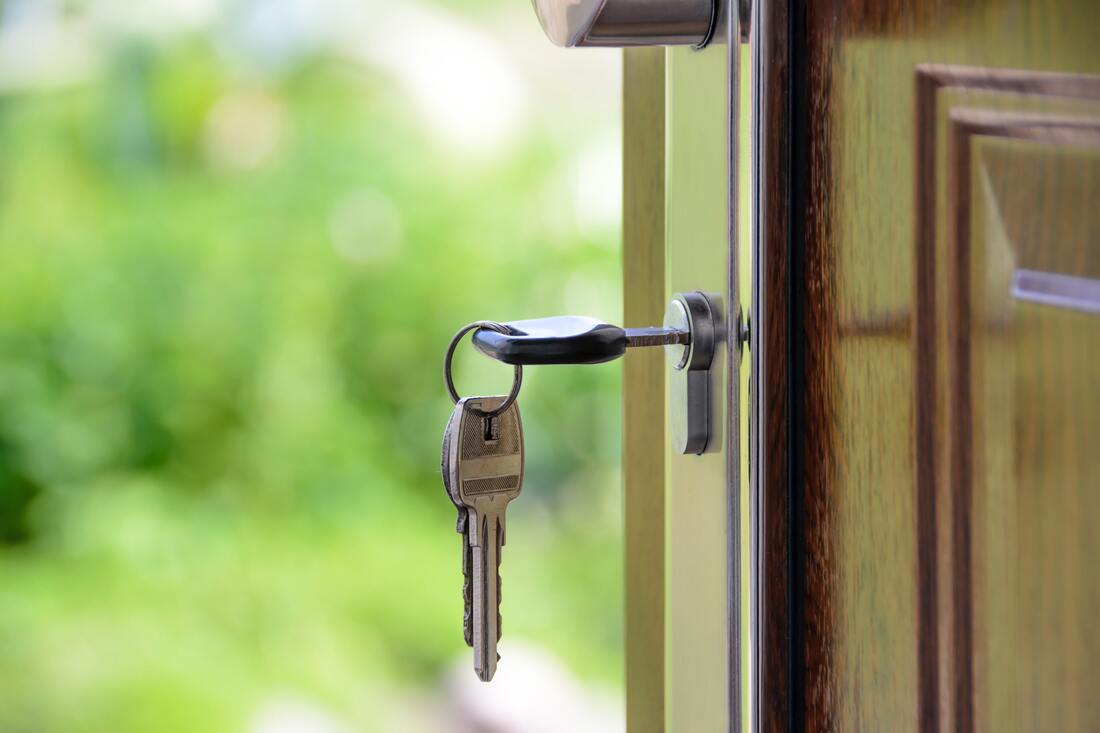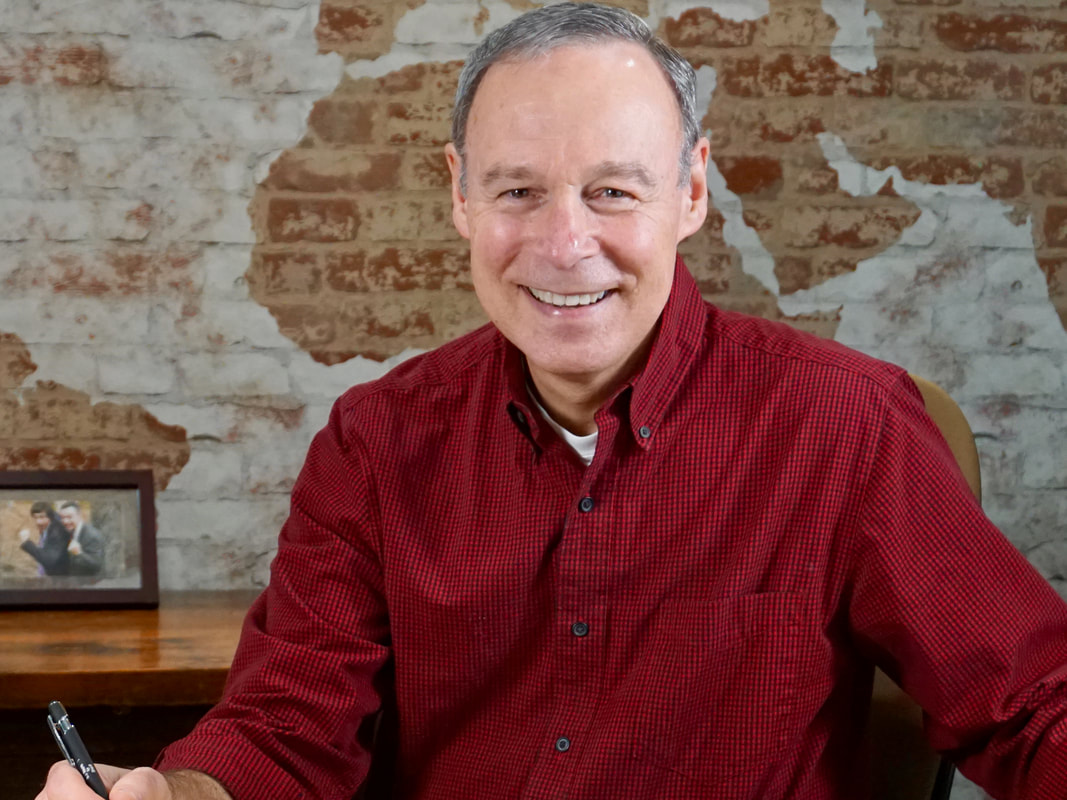|
Despite what you've heard, your home might not be a financial asset at all—and it could even be a liability. It qualifies as an asset only when you're willing to sell it. Until then, it’s just a place to live. This goes double if you have a mortgage.
Think about it. If you have a mortgage, you technically own the house, but just miss a few payments, then see how that goes over with the bank. A person in that situation will quickly find out who really owns the place. But wait, you say, I don’t miss payments. That’s good. But the house still might not be an asset. Even if you’ve built some equity, you’re still obligated not just to the mortgage but also to the cost of taxes, insurance, and upkeep. Throw in the fact that many homeowners make it clear that they don’t ever intend to sell their house, and that house ceases to be a financial asset and becomes a place to live. To be sure, having a place to live is valuable—especially if your mortgage is paid off. Anyone who has made their final house payment will tell you there’s real value in that feeling of security. But unless you’re willing to actually sell it, the financial value of your house cannot be actualized. Even if it’s paid off, you still have those ongoing expenses. If, on the other hand, you ARE willing to sell the house, its financial potential gets unlocked and it becomes a powerful asset. Many folks use this strategy in retirement: with kids out of the house, a smaller place makes sense both financially and practically. I’ve known working people who became well-off through a combination of early home ownership and long-term serendipity. One client couple lived and worked in California, paid off the mortgage on a modest home in that state, then sold it upon retirement and moved to Tryon. Taking advantage of the much lower home prices in western North Carolina, they were able to buy a nice house here and invest the remaining proceeds, thus funding a comfortable retirement. Another client watched for decades as the family homestead gradually became surrounded by urban sprawl. She hated the idea of selling, but she almost had no choice; what was once a quiet country farm was now engulfed by shopping centers and apartment complexes. The millions she reaped from the sale was at least some consolation. You probably know of similar stories. What they all have in common is that the owners were willing to sell. I had another client in an almost identical situation to the one above. In this case several family members shared ownership, and no one could agree on what to do. What might have been a valuable asset became a long-term financial burden because of property taxes and other costs. What is it that prevents some folks from unlocking their home’s financial potential? For some, it is emotion and sentimentality. As a sentimental fool myself, I totally get this. Maybe you raised your kids in this house. There may be a doorway with pencil marks denoting their growth milestones. Beloved family pets may be buried in the yard. Who can blame you for wanting to stay? Then there’s the hassle of packing up and moving. Just this morning, I visited with a neighbor couple who were moving the last of their possessions from their Florida home of 30 years into their new home in Columbus. The wife told me it was the hardest thing she’d ever done, not from the emotional standpoint but simply because of the sheer effort of dealing with 30 years of accumulated stuff. Nevertheless, practicality might win out in the end. For years, one client ignored pleas from her grown children to sell her beautiful home so she could move to a retirement community. Eventually, the swimming pool turned green, the basement got moldy and the guesthouse roof started to collapse. After exhausting all her other resources, she finally sold for about half of what she could have gotten a few years earlier. There is one alternative to selling: the reverse mortgage, which we covered in an earlier column. This option has its own pitfalls, but it may be worth considering. Bottom line: The only way your home can be a financial asset is if you treat it like one. Start by paying off the mortgage—I firmly believe that no one should enter retirement with a house payment. And although it’s hard to do, try to remove the sentiment and emotion surrounding your home. If you can’t do that, then recognize it for what it is—home sweet home—and be grateful for it. This column is not intended as advice but rather education, commentary and opinion. Consult a professional advisor. If you have general questions about financial planning or investments, feel free to submit them to Andy at [email protected].
0 Comments
Leave a Reply. |
AuthorAndy Millard, CFP® Archives |



 RSS Feed
RSS Feed